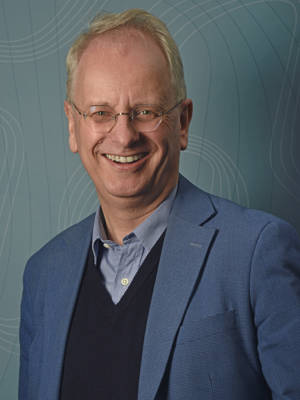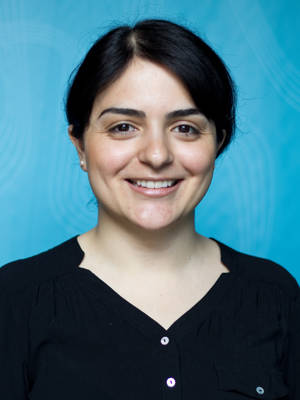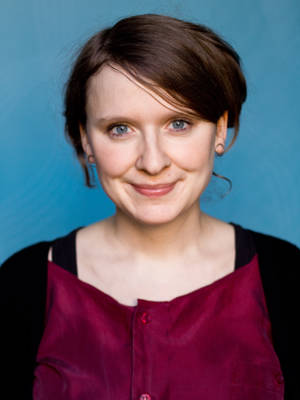The NECORE project addresses a wide range of questions related to resilience and identity formation, seen in light of – and in the wake of – the terror attacks in Oslo and on Utøya on 22 July 2011.
In confronting the attacks of 22 July, Norwegian society had to mobilize, negotiate, and re-think a number of core values. This was exemplified by Norwegian Prime Minister Jens Stoltenberg, in a speech made immediately after the attacks:
“We are still shaken by what hit us, but we will never give up our values. Our answer is more democracy, more openness, and more humanity.”
How can we understand the processes underway, relating to such values? NECORE seeks to pursue this question by investigating the following themes:
First of all: Who are “we”? Norway is populated by people with different political views, levels of education, languages, and ethnicities – and it was exactly this diverse Norway that the attacker intended to harm. How are the events of 22 July understood at an individual and a collective level in the Norwegian society?
Secondly: The events of 22 July were broadcast around the world. This widespread attention is arguably linked to the perception that the attacks were directed against the liberal and democratic values characterizing not only Norway, but also many other countries. So how have “Norwegian values” been understood throughout this massive press coverage? Many were struck by the dignity and relative calm of immediate reactions – but we also know that the fact that the perpetrator was a white Norwegian created a complex and conflict-ridden image of Norway.
Thirdly, how stable and strong is Norwegian society after the attacks? What values make it possible for us – both those directly touched by the incidents, and the rest of society – to move on? The concept of resilience is often used to describe a one’s ability to adapt to dramatic change and loss. Exchanges of views, opinions, and indeed emotions play a major role in that process. How were the values that we see as central to our society – such as democracy and openness – expressed and negotiated on the internet and in social media? What kind of resilience do these discussions reveal?
And finally: How do we address similar incidents in a way that is open, direct, and truthful, but at the same time not hurtful or unnecessarily disturbing? This brings us back to the world of media, with a special focus on press ethics. A thorough investigation of how various media managed – or not – to balance the norms of press ethics with the demand to spread news, will tell us much about our society’s ability to tackle such events in a dignified yet truthful way.
Please continue to the Project Summary page for NECORE's research questions and organization.
NECORE Project Summary Report
Download the NECORE Summary Report
NECORE Newsletters
News from the NECORE project were sent semi-annually until the project ended in 2017.











